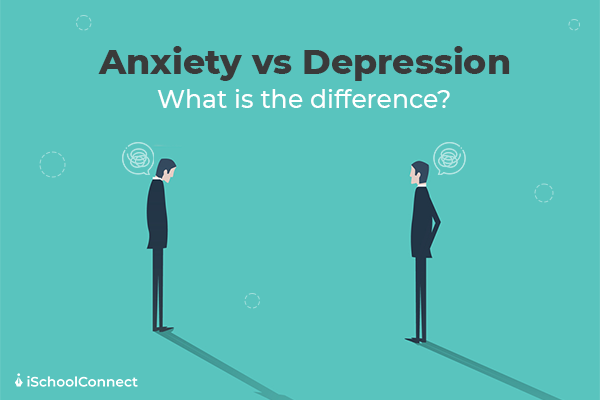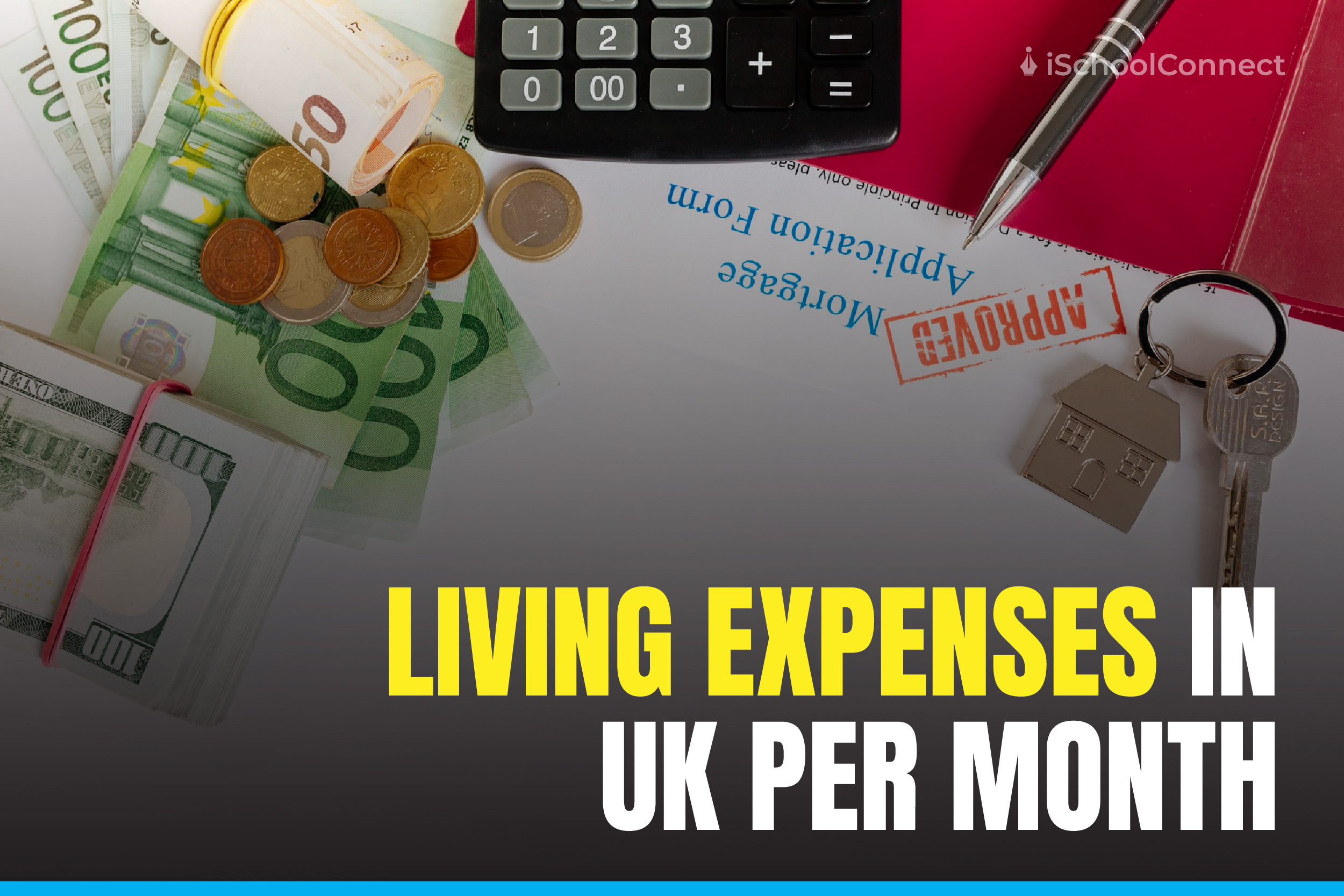Table of Contents
Anxiety and depression are types of mood disorders. However, understanding the clinical and emotional differences between anxiety and depression can play an important role in increasing global mental health awareness.
The distinctions between these two disorders can also be beneficial in helping you identify symptoms that require immediate professional help.
Here are the key points of difference between anxiety and depression –
What is anxiety?

Anxiety is typically the body’s natural response to stress. You can detect it by observing the feelings of apprehension and fear of events that may happen in the future. These events can range from giving a speech to attending the first day of school.
Anxiety is clinically a disorder when the stress responses last for longer than six months and significantly interfere with your life.
In the case of an anxiety disorder, the feelings of fear can be intense and even debilitating. This sort of extreme stress response can manifest itself in daily routines, preventing optimal functioning. Feelings of worry and a general, persistent belief are characteristics of anxiety disorders that something will go wrong.
Anxiety disorders are among the most common forms of mood disorders that can affect you at any age.
The first point of difference between anxiety and depression lies in the symptoms. These should manifest for at least six months to make a diagnosis.
The symptoms of anxiety include –
- Difficulty falling asleep
- Trouble concentrating
- Restlessness
- Rapid breathing
- Increased heart rate
- Increased fatigue
- Tension in muscles
- Constant feelings of irritability
- Excessive worry
At this point in the blog, you need to remember that symptoms of anxiety can vary depending on the person experiencing it. The above-listed points are among the most common ways for this mental illness to manifest physically and psychologically.
What is depression?

Depression is among the most common medical illnesses that plague individuals from all social groups. The characteristics of this disorder include feelings of extreme sadness and a loss of interest in activities that were once enjoyed.
Left untreated, depression can significantly decrease your ability to function at home or work. The difference between anxiety and depression, in this case, is that fear contributes to the inability to perform in the former, and lack of energy causes minimal activity in the latter.
The most common symptoms of depression include –
- Trouble thinking and concentrating
- Sleeping too much or too little
- Significant increase or decrease in appetite
- Lack of energy
- Loss of interest in once pleasurable activities
- A feeling of hopelessness, worthlessness, and sadness
- Slow movements or speech (this is one of the most extreme symptoms of the disorder)
How do I know if I have anxiety or depression?
The symptomatic difference between anxiety and depression can be an excellent determinant of what mental illness you may have. If any of the above-listed symptoms for both disorders persist for 6 or more months and influence your ability to function regularly, you should seek professional help.
A certified mental health professional will conduct a series of physical tests (such as blood and urine analyses) to determine if there is an underlying biological cause for the symptoms. An identified physical factor can be treated with medication.
In cases where a physical cause is not identified, an alternate course of treatment will be prepared. This is another key point of difference between anxiety and depression; the treatment methodologies involved.
How to cure anxiety?
There are several kinds of anxiety treatments. These include –
- Medication
A classification of medication known as ‘selective serotonin reuptake inhibitors’ (SSRIs) is very helpful in treating both anxiety and depression. Other prescription medications commonly used to treat anxiety include beta-blockers and benzodiazepines, such as diazepam and lorazepam.
- Psychotherapy
One of the best psychotherapies employed to treat anxiety is cognitive-behavioral therapy (CBT). CBT helps the patient identify their thought processes and change the behaviors that contribute to their symptoms.
- Relaxation Techniques & Stress Management
In addition to medication and psychotherapy, psychiatrists may also recommend relaxation techniques to counteract persistent symptoms.
Simply adopting a healthy lifestyle can also contribute significantly to anxiety treatment.
How is depression treated?
Much like anxiety, depression is treated with a combination of medication and psychotherapy.
- Medication
Some of the most common medications used to treat depression include SSRIs, tricyclic antidepressants (TCAs), and selective norepinephrine reuptake inhibitors (SNRIs).
- Psychotherapy
CBT is also among the most popular forms of psychotherapy used for the treatment of depression. A key point of difference between anxiety and depression treatment with psychotherapy is as follows –
- For anxiety, psychotherapy aims to minimize avoidant behavior and help you dis-confirm a consequence that is feared.
- For depression, the goal of psychotherapy is to help experience a surge in energy (even if briefly), a positive emotion, or a pleasant social interaction.
Key Takeaways
- Anxiety and depression are among the most common mental disorders to affect the global population.
- Understanding the difference between anxiety and depression regarding symptoms can be beneficial in planning a suitable treatment strategy.
- It is important to remember that the symptoms and treatment plans for anxiety and depression can vary from individual to individual.
Did you enjoy this blog? If yes, please share your thoughts in the comments below. Click here to reach out to us for more information on the difference between anxiety and depression. We would be happy to assist you with your queries!
Liked this blog? Read next: Motivational thoughts for students to help them stay focused
FAQs
Q1. What is electroconvulsive therapy?
Answer – Electroconvulsive therapy is a medical treatment that is commonly reserved for patients with severe depression who have not responded to other treatments well. The procedure involves a brief electrical stimulation of the brain while the patient is under the effects of anesthesia.
Q2. Is it recommended to avoid alcohol while being treated for anxiety and depression?
Answer – Yes, it is. A rule of thumb for all patients undergoing psychotherapy and medical treatment is that alcohol should be avoided. This is primarily because alcohol is a depressant and can exacerbate the symptoms you experience. In worst-case scenarios, alcohol can counteract the effects of long-term medication and therapy entirely.
Q3. What are the different kinds of anxiety disorders?
Answer – The different kinds of anxiety disorders include phobias, panic disorder, social anxiety disorder, and generalized anxiety disorder.






